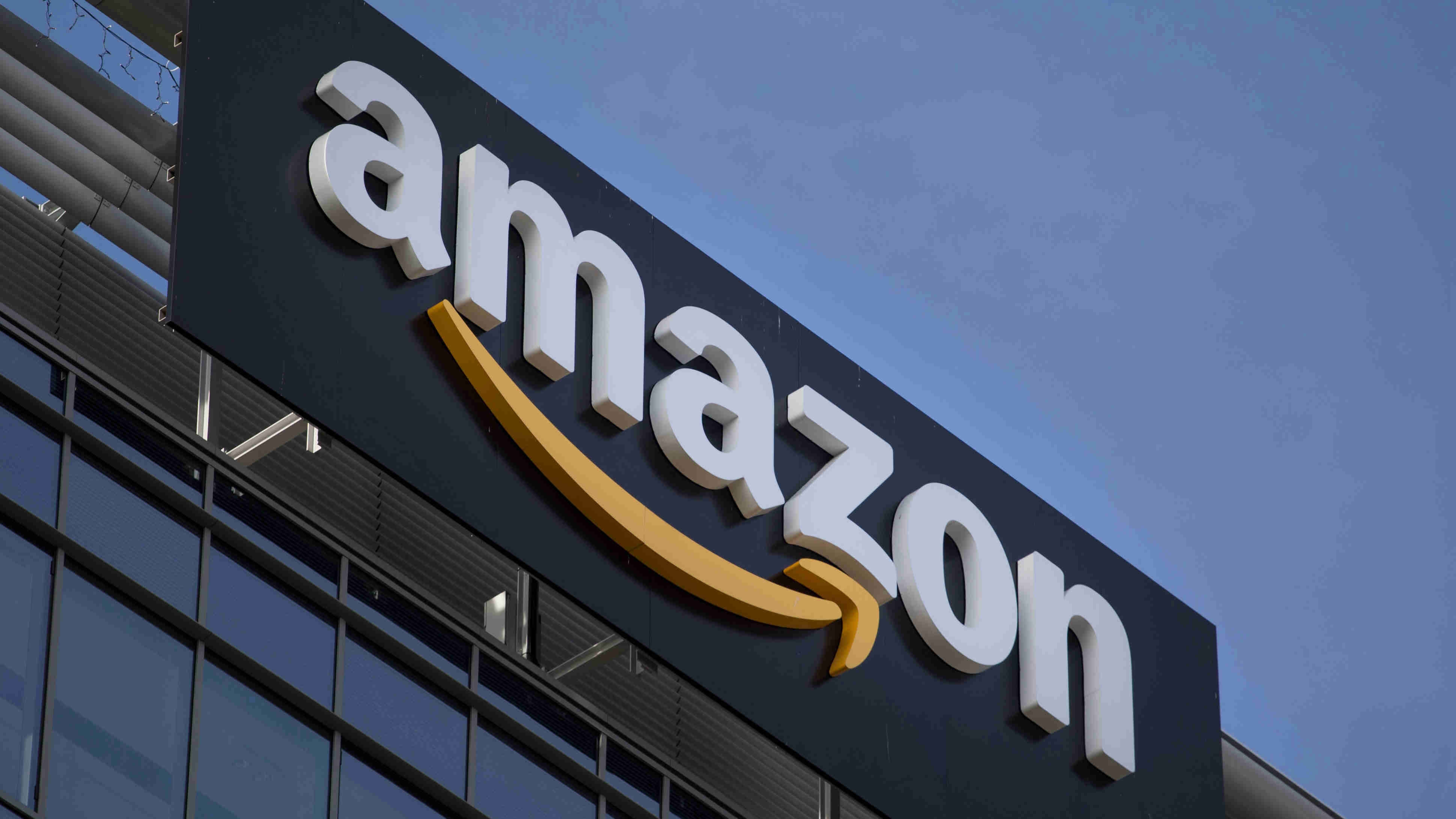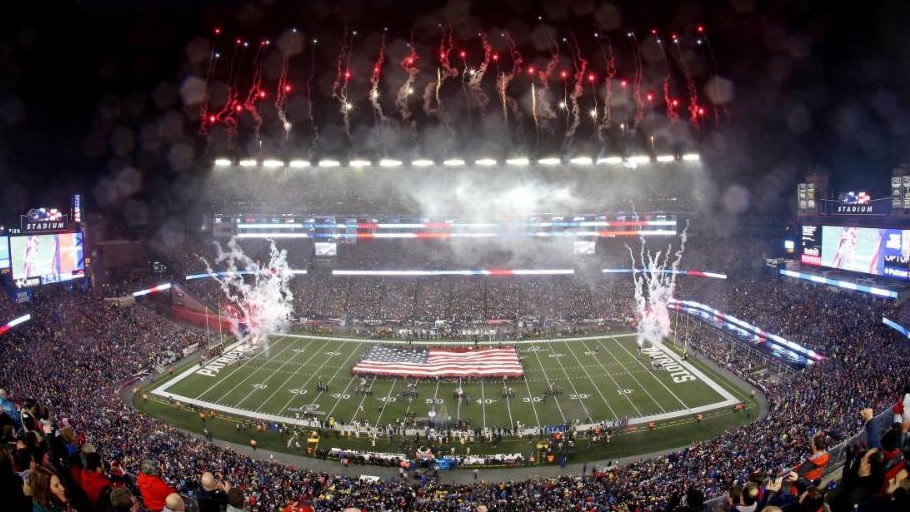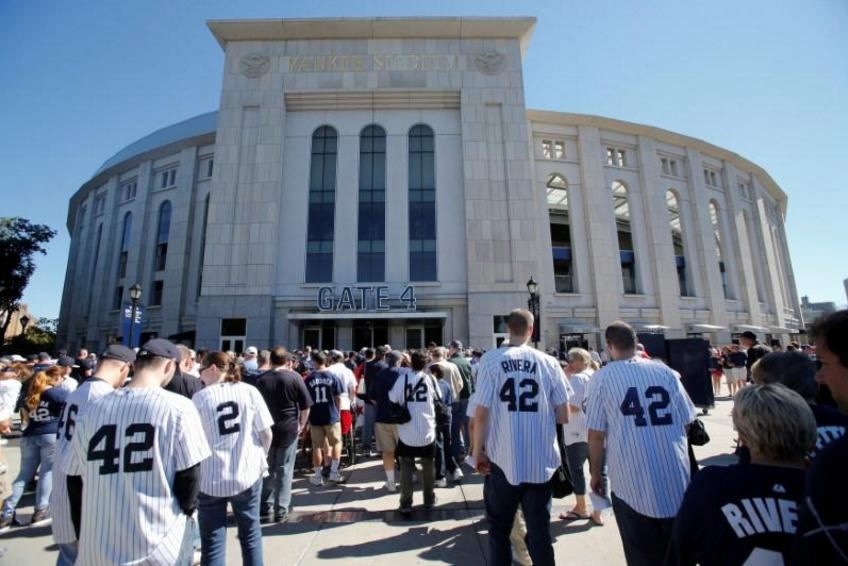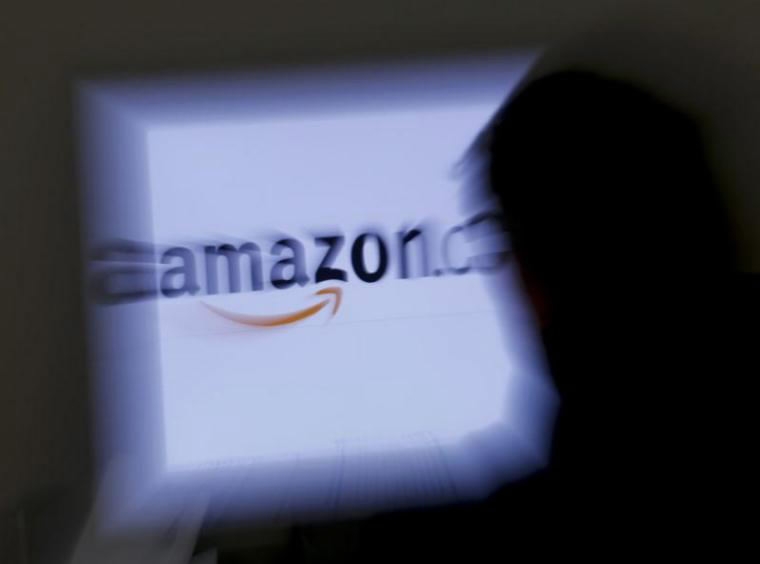
Culture
08:58, 11-Aug-2017
Amazon aims to partner with US venue on event ticketing
CGTN

Amazon.com Inc is seeking to partner with US venue owners to sell event
tickets, four sources have told Reuters, a move that could loosen Ticketmaster's
powerful grip on the lucrative ticketing business.
If Amazon moves ahead, it would represent the latest attempt by the world's
largest online retailer to use its massive customer base, tech savvy and
bargaining power to shake up a big market.
The Seattle-based company sees the US ticketing market as ripe for attack.
Consumers dislike ticket fees, and venue owners, sports leagues and teams want
more distributors for their tickets as they seek to boost sales.

An overall of the stadium during a game in 2017 AFC Championship Game in Massachusetts, US. /Reuters Photo
An overall of the stadium during a game in 2017 AFC Championship Game in Massachusetts, US. /Reuters Photo
Access to tickets could be another means to lure members to the Amazon Prime
shopping club. For music acts and sports teams, selling tickets through Amazon
could help sell their merchandise.
Currently Ticketmaster, owned by Live Nation Entertainment Inc, is the exclusive
seller of primary tickets for many top venues in the United States. Would-be
challengers have struggled to compete in the face of Ticketmaster's strong
relationships with the operators of major US sports stadiums, arenas, concert
halls and other venues.
Amazon has had success with ticketing in Britain, where it has been selling
seats to West End shows since 2015, even outselling Ticketmaster for some
events, according to one of the sources, who owns venues in that country. It is
less common for venues in Britain to have an exclusive ticket provider.
Amazon did not return a request for comment. Live Nation declined to
comment.

Fans line up to enter stadium before MLB Interleague game in New York, US. /Reuters Photo
Fans line up to enter stadium before MLB Interleague game in New York, US. /Reuters Photo
Live Nation's shares, which had been up more than 12% earlier on Thursday
after the company's quarterly results, pared gains following the Reuters report
and briefly turned negative. The shares recovered to close up 5.6% in the
stock's busiest trading day by volume since June 2014. Amazon shares closed down
2.6%.
Profit Generator
Amazon has had conversations to partner with Ticketmaster as a potential way to
get into ticketing in the United States, but those conversations have stalled
over who would control customer data, according to sources with knowledge of the
conversations.
Ticketing would likely make money for Amazon, which has a patchy record of
profitability. Ticketmaster generated 1.6 billion US dollars in revenue from initial sales
of tickets to events in 2016, according to estimates by research firm BTIG. That
figure does not include revenue from the reselling of tickets, which BTIG
estimates at $250 million.
Amazon has approached at least one league about selling tickets on the secondary
market as well, one of the sources said, a business like eBay Inc's StubHub.

Amazon logo. /Reuters Photo
Amazon logo. /Reuters Photo
Getting a foothold in the ticketing business would likely be an expensive
proposition. Ticketmaster in many cases pays the venues for the right to sell
tickets and manage the box office, and venue owners are loath to give up that
revenue even when it means high ticketing fees for consumers.
Amazon has offered to write sponsorship checks worth millions of dollars to the
venues, one of the sources said. But it has yet to budge on customer data.
Owners want to know who is buying their tickets so they can tailor social media
campaigns and book the right acts in the right places.
Amazon has made a number of moves to get more customers to its website and
subscribe to Prime. Earlier this year, it agreed to pay about 50 million US dollars to the
U.S. National Football League to livestream this season's 10 Thursday night
games, sources have told Reuters.
"It's all about Prime," said Brandon Ross, an analyst at BTIG. "The reason they
are spending multiple billions of dollars a year on programming is to get more
Prime subscribers and engage more consumers."
Source(s): Reuters

SITEMAP
Copyright © 2018 CGTN. Beijing ICP prepared NO.16065310-3
Copyright © 2018 CGTN. Beijing ICP prepared NO.16065310-3